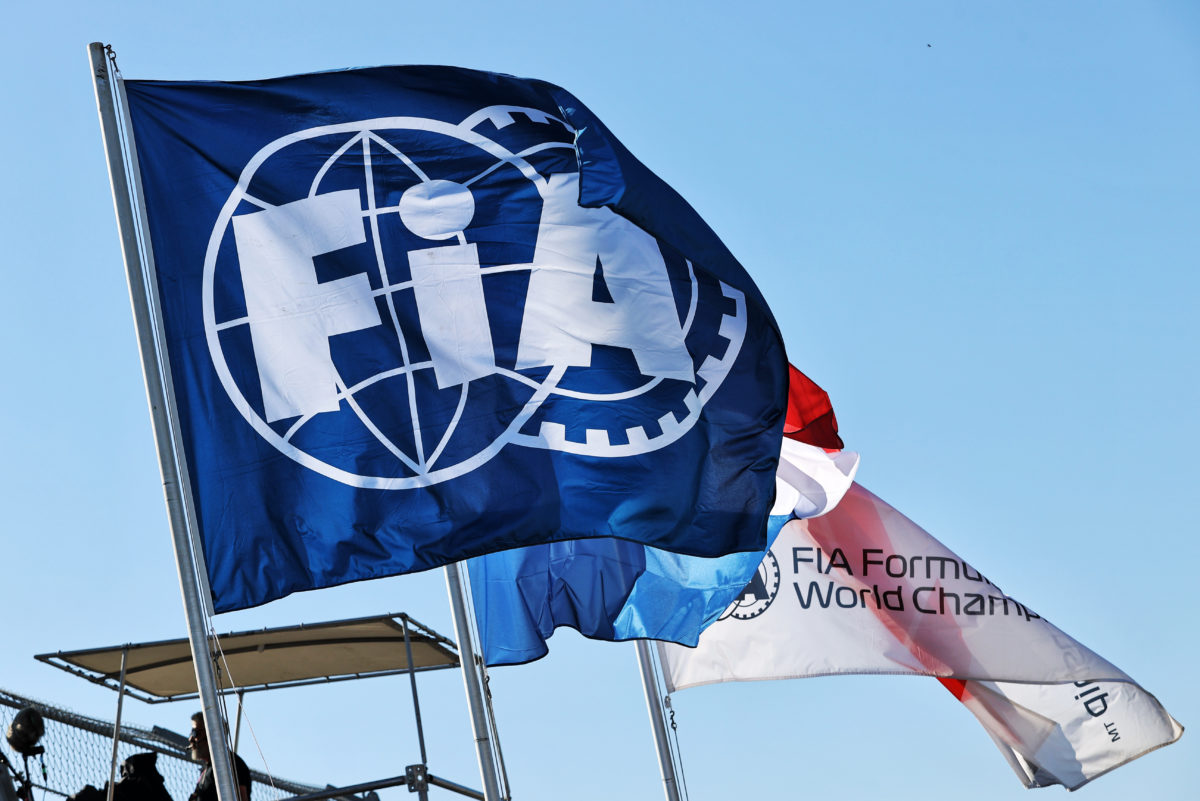

Mercedes technical director James Allison has revealed discussions are taking place that could result in all travelling F1 personnel being imposed with a race-cap rule that would limit the amount of time on the road and prevent fatigue.
F1 is set for a record-breaking 24-race calendar in 2024 as a result of the Chinese Grand Prix returning after a five-year hiatus in light of the Covid pandemic, and the Emilia Romagna GP taking place after it was cancelled this year due to flooding.
The sport has just emerged from what many in the paddock described as a ‘brutal’ finish, with the inaugural Las Vegas GP run on a night-time schedule followed by a 12-hour time swing to conclude the campaign in Abu Dhabi.
With F1 now increasing the workload by two races, in addition to the six sprint events next year, and a pre-season test in Bahrain, the need to rotate personnel – if at all possible – is becoming a priority.
To that end, Allison has confirmed the possibility of a new rule being imposed that would limit the number of races for all staff on the road, including team principals, but naturally, excluding drivers.
Describing next year’s calendar as “pretty gruelling”, speaking on the Performance People podcast, Allison said: “When you consider there is also winter testing to be done, if you’re one of the travelling folk, then that is more than half the year spent on the road, and in a mode of working that is quite tiring, and quite demanding.
“All the people back in the factory who give live support to that as well are having to take that burden on their shoulders.
“So the sport has just started to address it because the cost cap means you can’t reasonably contemplate saying, ‘Well, it’s now a sufficiently large number of races that we need to double up on the roles that do the travelling to allow them to alternate races or anything like that’.
“The financial reality of that makes that prohibitive inside the cost cap, so to try to impose some relief on an otherwise very difficult-to-manage season, the sport has just started to debate internally about whether we should have rules.
“Let’s say in a 24-race season, it would mean that no individual – other than the drivers – would be allowed to do all 24 races, a cap imposed, maybe at 20 races, let’s say, just plucking a number from the air.
“It would mean that everyone previously going to have to do the full slog would only be able to do 20 of them, and the teams would have to find it in themselves to put alternative methods of coping with the absence of each member of that travelling community four times per year. That will be an interesting set of gymnastics to cope with.”
Allison maintains that, at a sporting level, no team would be at a competitive disadvantage as the 10 teams “would all face that hurdle together”.
He added, however, that “the ones that wiggle their way through it effectively could turn it into an advantage by organisationally managing that in a slick way.
“But the net positive would be that at least for a small number of weekends per year, you could rest and recharge if you were otherwise committed to a travelling role.
“That will mean people like Toto, as team principal, would have to respect it as well. The race engineers, the ones who have the closest relationship with the drivers, Bono (Pete Bonington) and Shov (Andrew Shovlin), a relationship that lots of people know about because they hear it on the radio…the drivers would have to hear a different voice four times a year.
“We’d have to figure out how to manage that in a good way.”





















Discussion about this post